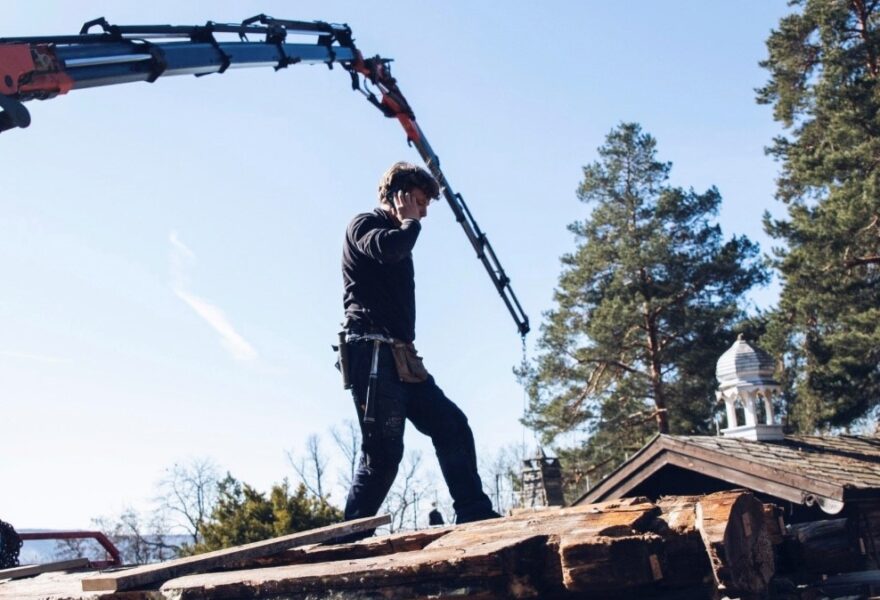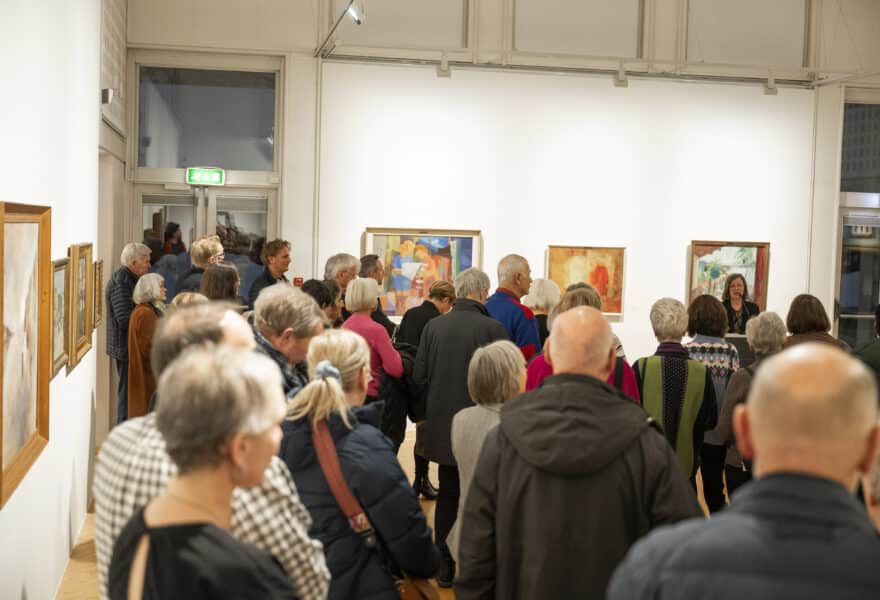
Where have all the stories gone - long time passing
With this paraphrase of Pete Seeger's classic protest song from the mid-1950s updated and expanded by Joan Baez and Peter, Paul and Mary in the 1960s, I ask myself a question. Where have all the good stories gone?
By Åsmund Thorkildsen
I ask this question at a time when one would think that this was the most stupid question imaginable. Because today we meet so many stories and we hear so much about that things have stories, and that events have stories, and that everything and everyone has stories and that it does not matter what is told just what is told. And told does it really. I would call this phenomenon Narrativeism. And it is no exaggeration to say that it is Narrativeism that seems to apply today. Because we meet stories about all equal people's equally valid stories about themselves and there can be quite a few. And we hear stories of hawks, elves and trolls flying over the valleys and mountain ranges as fast as the posters of the tourism industry, where the same elves, trolls and mound people are now trying to re-establish themselves.
But precisely because of this: Where have all the stories gone, our good, traditional common stories - the stories that gave meaning and unity and identity to whole countries and whole continents? I think, of course, of the stories in the big black book; I think, of course, of Bible accounts, not least of the Old Testament. We encountered these stories only a short time ago on Sunday school flannelographs and in primary school, where notebooks with rough, yellow-gray paper and freshly colored crayons became the stage for our own representations and interpretations of the stories we had been told.
It's been a long time since I heard anyone tell about Zacchaeus in the mulberry tree, about Jonas in the belly of the whale, about Joseph in the well, about Isaac on the way to the sacrificial stone, about the baby Moses in the basket, about Joshua and Caleb coming home from the land of Canaan with a large bunch of grapes on a pole, the burning bush in the desert, about Potiphar's wife, about Abel who killed his brother Cain, about the Good Samaritan, about the Red Sea that divided, about Jesus who discussed with the Pharisees, about the cuckoo calf that was slaughtered, about the rooster that gol for the third time, about Pontius Pilate who washed his hands, about the flight to Egypt, about the child who was wrapped and laid in a manger, about sages and holy three kings who came from afar and followed the Star of Bethlehem, about the anxiety in the Garden of Gethsemane, about The kiss of Judah, about the stone in front of Jesus' tomb, about Thomas who doubted, about the dove that appeared at Pentecost, and about the Beast that rose from the sea with ten horns and seven heads …….
It's been a long time since I heard anyone tell these stories. I remember them, but how can we worry about a complicated world, how can we talk about the meaning of identity, how can we wonder that unity breaks and why do we fill the void after the really good common story with all the world's fables and home-made robbery stories, when we have voluntarily let go of our big, common stories? Ja, Where have all the stories gone, long time passing….
POSTSCRIPT
Pete Seeger ended the verses with alternately When will you ever learn and When will we ever learn. Baez and the protest singers of the 1960s ended with When will they ever learn. We must all learn - you, we, you - take. Does this little call, performed under the cover of a well-known and for many common experienced song, mean that cultural life will now begin to preach? Not at all. Synagogues, churches, houses of worship and mosques are to preach the faith. The museums and cultural institutions must take care of and actualize cultural monuments, the significant cultural monuments. And how will we ever be able to learn from the past and make the past come alive for us now, here, today and in the future if we do not ask, Where have all the stories gone, long time passing ……?
See also...
The pleasure garden at Marienlyst
The Marienlyst project – revitalization, anchoring and inclusion
Opening of Perspektiv Drammen - Artwork from the museum's collections
Perspective Drammen
Artwork from the museum's collections
22.02.24-04.08.24
Opening of the November exhibition 2023
22.11. opened Buskerud Visual artists and Drammens Museum November exhibition 2023. We welcome you to a great exhibition in the Lychepaviljon from 23.11.23 to 07.01.24
The November exhibition 2023
The November exhibition 2023 opens on Wednesday 22 November at 18:00






